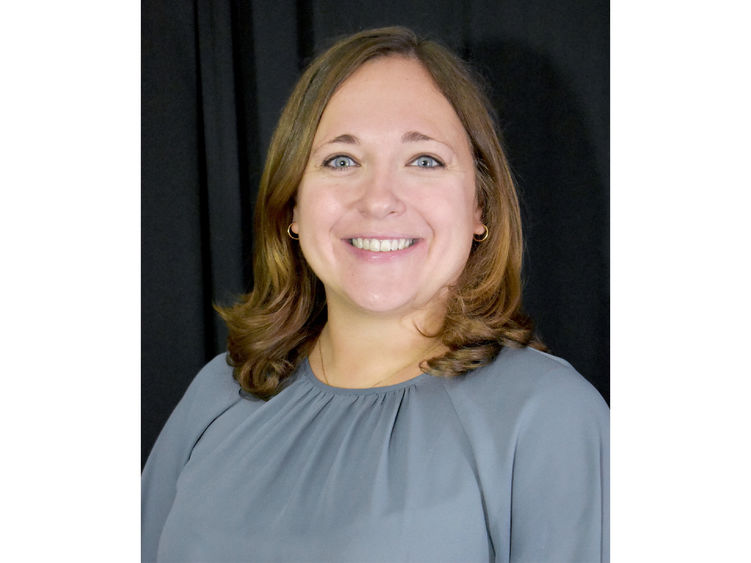
Sarah Pierotti, assistant professor in human development and family studies (HDFS) at Penn State DuBois.
DuBOIS, Pa. — Sarah Pierotti, assistant professor of human development and family studies at Penn State DuBois, was recently featured in a nationally published article that addressed the topic of the best states in which to raise a family. Published through WalletHub, Pierotti was one of six experts that shared insights from their personal experiences and expertise to help rank the best states in 2024.
Pierotti highlighted that families should consider multiple factors when they are determining where they would want to raise their family. Points such as availability of jobs, fair pay and benefits, affordable housing, public education and access to affordable health care were some of the items she emphasized for consideration. Pierotti also shared just how much of an impact the state a family lives in can affect a child’s development.
A child’s development and a family’s quality of life are significantly influenced by the state they live in.—Sarah Pierotti , assistant professor of human development and family studies at Penn State DuBois
“A child’s development and a family’s quality of life are significantly influenced by the state they live in, without a doubt,” Pierotti said in the article. “In my field, we use a model called Bronfenbrenner’s ecological systems theory to understand how the policies of the communities we live in affect us as individuals and families. This model helps us visualize how as individuals, we grow up within different settings that are shaping our environment and the opportunities that we have. According to this model, a state’s policies, and even their cultural attitudes, affect us.”
In an age where more states are looking to be more attractive to young families, Pierotti expressed how important the implementation of policies that support a whole family’s well-being is for both individuals and families. States that have policies already in place, or are working on these types of policies now, are becoming more and more attractive to young families.
States can support families in these ways through the policies they choose and the funding that they allocate.—Sarah Pierotti , assistant professor of human development and family studies at Penn State DuBois
“States can support families in these ways through the policies they choose and the funding that they allocate,” Pierotti said. “Some areas that states may choose to focus on are: providing paid family leave; more funding for education; making affordable housing and child care available; protecting access to health care for everyone and bringing down health care costs; and funding community and cultural spaces like libraries, parks and art venues; enacting gun safety laws that keep their communities safe to explore; and protecting the environment for current and future generations to have clean air, clean water and food.”
The full article is available online through WalletHub.





